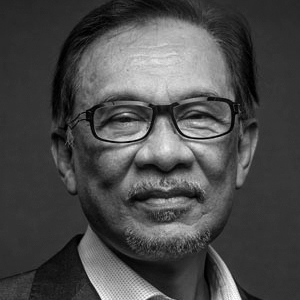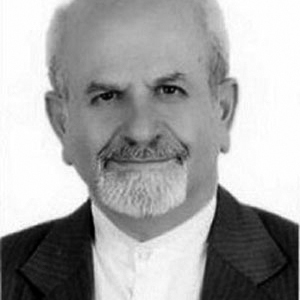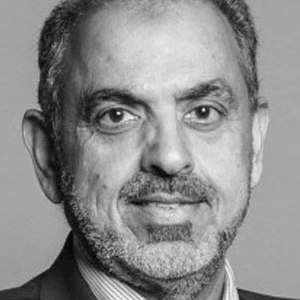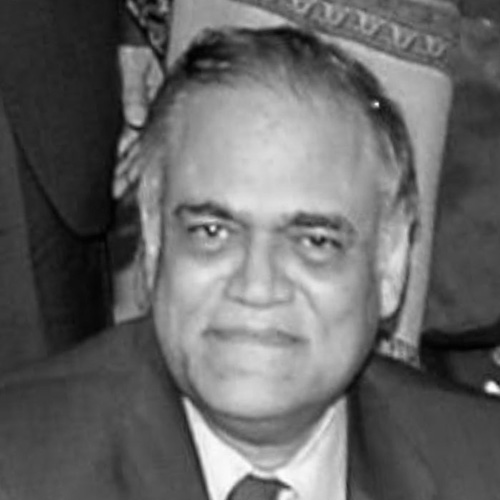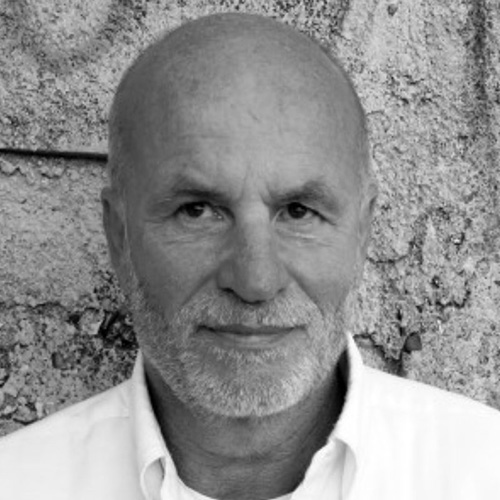The renewed appeal of identity politics is shaking the foundations of the global order. Recent history has problematised many of our assumptions about the trajectory of the world following the end of the Cold War, what Francis Fukuyama famously referred to as ‘the end of history’. From the inadequate predictive capacity of the ‘Clash of Civilizations’ thesis to the shortcomings of the ‘global village’ perspective, the revival of identity politics has called our assumptions into question. Rising economic and cultural nationalism is leading to protectionism and trade wars on the one hand, and deep socio-cultural divides between different communities on the other. While some argue that the current surge of nationalism, tribalism and ethnocentric policies stem from an intolerance of difference and a resentment towards political systems that have left many disempowered, others trace this shift to growing economic grievances perceived to be rooted in the very nature of the international system. Within this context, nationalist discourses and economic protectionism have regained a mainstream position in the politics of many states across the world, altering social perceptions of issues ranging from globalisation to diversity and difference.
Discussion Themes
This session intends to discuss the following:
• In the face of rising identity politics, what does the future hold for globalisation? Why is the reaction to globalisation and the rise of nationalism more ferocious in the West?
• Does history offer an alternative between current understandings of globalisation and narrowly defined nationalism? How could societies be constructed differently and how can diversity within, and between states be addressed? Can multiculturalism in the West be salvaged?
• What are the roots of the renewed appeal of nationalism? What are the commonalities and differences between the rise of nationalism today and that of the early 20th century?
• How and why are governments and politicians exploiting social insecurities to increase nationalist sentiments?
